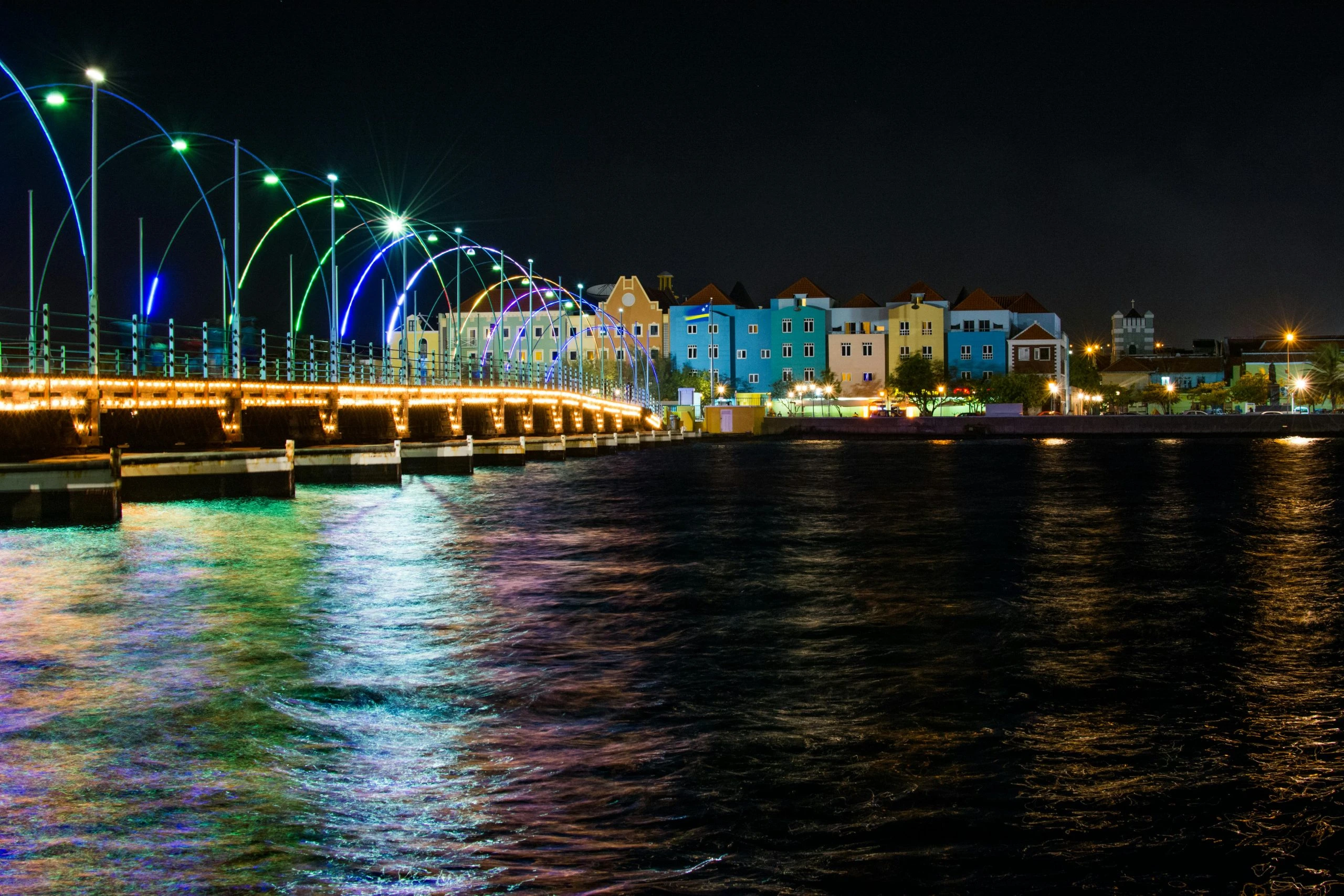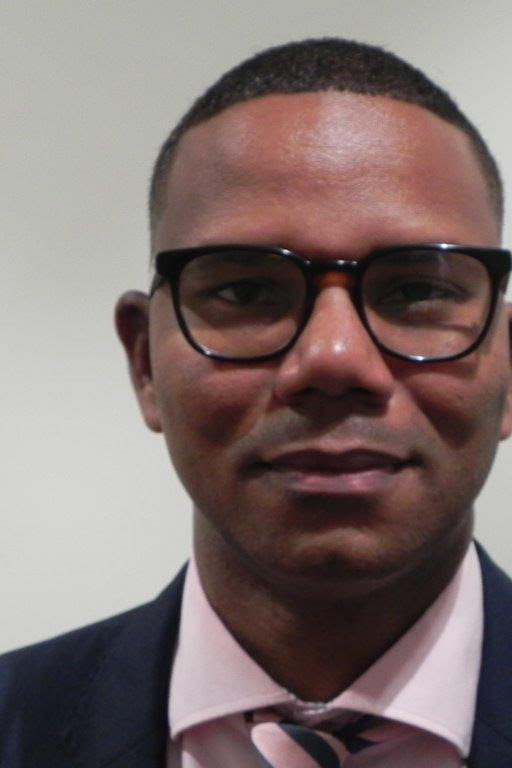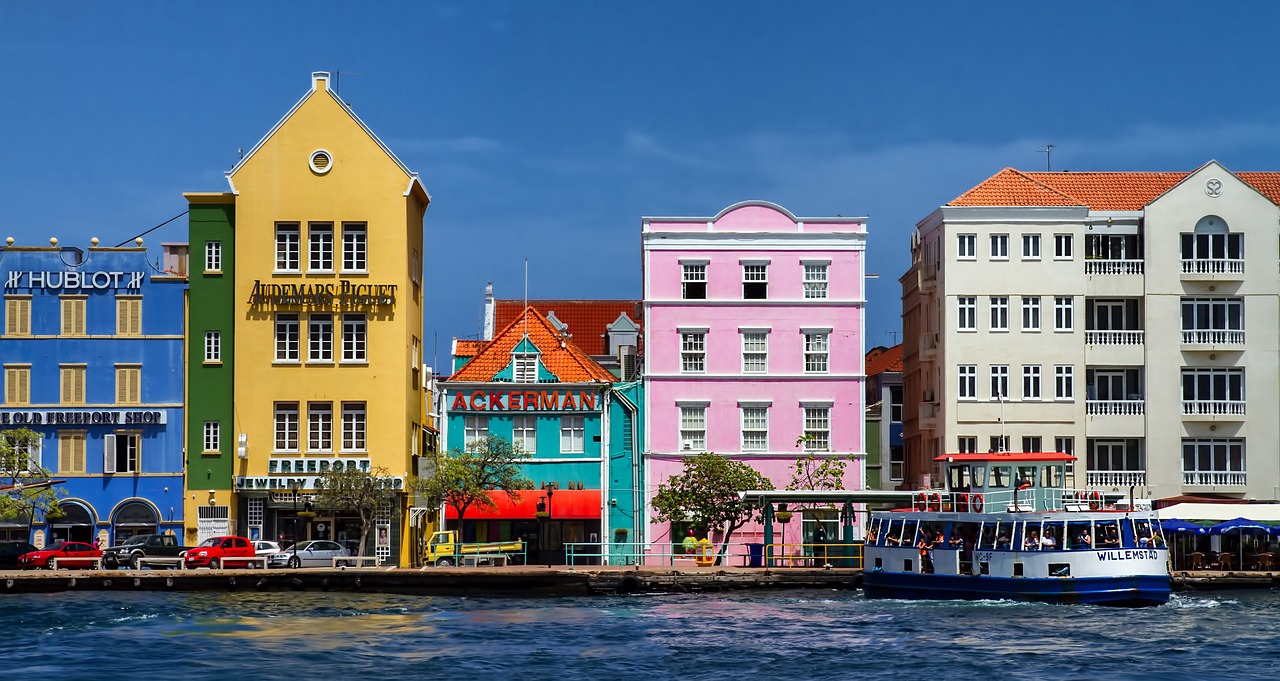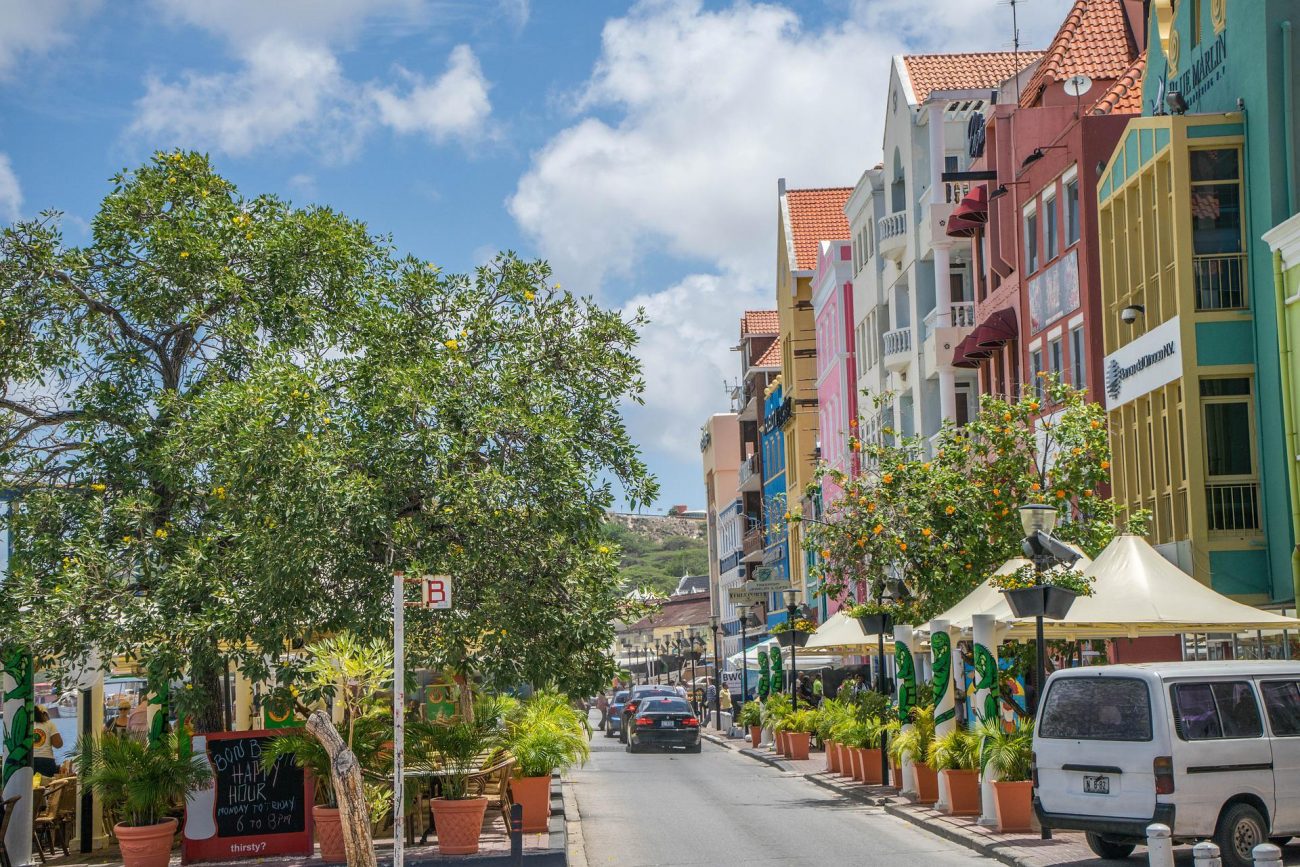What lies ahead for Curaçao’s gaming market?

Amidst the bustle of ICE London 2024, nestled at the back-right corner of Hall N sat the Curaçao ministry of finance stand. Virtually unassuming at first glance, Pietersz asserted that the stand had seen a lot of action across the three days of the show.
Visitors included commissions from competitor jurisdictions, advisors to operators and operators themselves, all seeking clarification on what exactly lies ahead for Curaçao. In part, this stemmed from misinformation circulating on the transition process.
“That’s why I’m very happy for us to be here at ICE,” Pietersz began. “Because then we get the chance to provide the right information and set the record straight.”
Setting the record straight is of critical importance for Pietersz. After all, it was incorrectly reported that Curaçao’s parliament had flat-out rejected the incoming LOK. But why did this happen?

This was because communication from the Council of Advice – where all draft laws must be sent before they go to parliament – had suggested that the LOK could not be presented to parliament. This communication was first issued in June 2023, but it was not published until January 2024, which might have led to the misreporting.
Curaçao spent much of last year preparing for the LOK, the legislation that will implement the region’s new regime. Currently, it still operates under the National Ordinance on Offshore Games of Hazard (NOOGH).
As we speak, the LOK is chugging through Curaçao’s parliament, where it was submitted in December. If all goes to plan, it will go to the “full” parliament for more hearings, before being passed. Then the law will be signed and published.
Improving Curaçao’s reputation
Earlier this month, Javier Silvania, Curaçao’s minister of finance made an impassioned speech during the legislation’s first reading. He implored parliamentarians to consider the benefits the LOK could have for the wider economy – and Curaçao’s reputation.
This is a central focus of the LOK, as Curaçao has garnered a reputation for lax anti-money laundering (AML) and know your customer (KYC) policies. Pietersz says the law gives the regulator an opportunity to bolster monitoring in these areas.
“[The law] provides us with the possibility to issue direct licences to operators,” Pietersz explained. “That’s step one. And step two, the law also gives us the toolbox to supervise those entities, especially given the areas of concern, which are AML, KYC and responsible gaming.”
“This was very important to us from the toolbox that we provide.”
So, we see clear benefits for Curaçao’s economy and reputation. But what’s in it for operators?
For Pietersz, it centres on two aspects – firstly, communicating that operators can also benefit from Curaçao’s improved reputation.
“We want to improve our supervision,” he stressed. “That improvement, together with the law and also improving the regulator itself with better staffing and resources; it’ll be to the benefit to the country reputation-wise, but also to the operator.
“It’ll be of value if the operator can say, ‘I’m properly regulated’.”
Secondly, squaring up to competing jurisdictions, such as Malta and the Isle of Man.
“What we want to do is, we want to provide operators the possibility of having a direct licence from the regulator,” Pietersz continued. “If they go to our neighbouring competition there, they can have a direct licence, but we are setting out the record that we can have a direct licence also in Curaçao from the Gaming Control Board.”
Fine detailing crucial for LOK success

Pietersz was keen to confirm the process hopeful licensees must follow to be active in Curaçao’s new-and-improved market. With January’s misreporting, you can’t really blame him.
You also can’t blame him from an operational standpoint. If the industry doesn’t listen up, they could see major licence-holders become suddenly – and technically – illegal in Curaçao.
“From a Curaçao standpoint, it doesn’t benefit the country to have illegal operators,” Pietersz declared.
Here it is, in black and white. Operators that want to continue operating in Curaçao must be registered on the GCB portal by 31 March. After this date, it will no longer be possible to register sub-licences or apply for a direct licence under the NOOGH, if this is needed. And that will be a tedious problem to fix.
“Imagine that you have a sub-licence of a master licence holder, whose licence expires on 31 August,” Pietersz offered. “That means if you don’t apply and it’s 31 March, you can continue operating on your licence.”
“But after 31 August, which is the date of the expiration of your master licence, you will be operating illegally because you don’t have a sub-licence and you don’t have a licence from the Gaming Control Board.”
A waiting game
Those that don’t follow the process will be required to cease all operations and request a licence. That’s not to mention the “three to four months” of “zero revenue”.
All of this relies on when the LOK will come into force. Pietersz noted that if an operator doesn’t register for a licence before 31 March, and the LOK is enacted in June, the operator becomes illegal from the June date. “Why? Because the law has passed and then the master licence agreement is not enforced anymore.”

Introducing a new regime is no easy task, but there’s no need to complicate it further. Pietersz emphasised that this way of implementing the LOK is simply the easiest for all involved.
“It’s very important to know if [sub-licence holders] receive a licence that it would be based on the current legislation,” he explained. “But the terms and conditions of that licence will mimic the new legislation.”
“That means that they can continue operating without any problems when the new law gets into force.”
With just weeks to go until the all-important 31 March deadline, whether operators will adhere to the GCB’s warnings remains to be seen.
Although it’s some way off being implemented, the LOK has already proved that Curaçao is ready for change. It’s a piece of legislation that will open up a new era for the region – one where its notoriety might finally be diminished.
